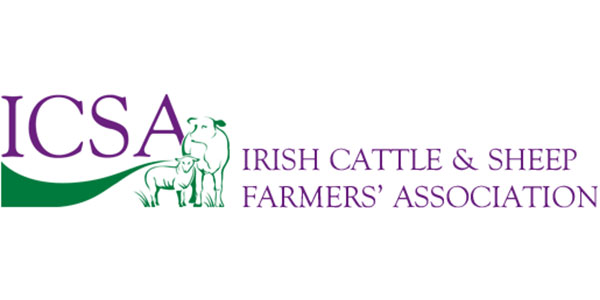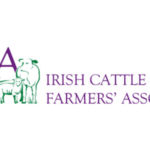8th May 2012
Members of the Irish Cattle and Sheep Farmers’ Association have expressed continued frustration over recent changes in TB testing arrangements.
The issue was discussed at last night’s meeting of the ICSA National Executive, which was attended by Minister for Agriculture, Food and the Marine, Simon Coveney. The changes, which came into effect on the 1st of January this year, mean that when two or more TB reactors are discovered on a farm, herds adjoining that holding are restricted, pending a clear test, if they have not been tested clear in the previous four months. Cattle can only be moved on or off the farm if they are being sent for slaughter, until the herd clears a test.
ICSA Rural Development Chairman John Barron said: “While we fully appreciate and support the Minister’s goal to eradicate TB in Ireland, we feel these restrictions are too much of a burden on farmers. It’s particularly worrying for suckler farmers who need to get their weanlings to the mart to sell them. A contiguous breakdown is potentially disastrous for suckler farms.”
In recent days, the Minister has issued a statement clarifying the Government’s position on the new contiguous testing arrangements. He reiterated that statement at last night’s meeting, emphasising that restrictions will be examined on a case-by-case basis, and only herds which are identified as being “genuinely relevant to the breakdown” will be restricted.
Mr. Barron said: “This clarification is to be welcomed – however the fact remains that a TB breakdown in one herd has the very real potential to lock up several other herds, and possibly several parishes. The average Irish herdowner operates across three separate blocks of land, and many farms are fragmented even further. One farmer could have a dozen or more neighbours and in those situations, the possibility of being restricted is quite high.”
“We also have to think about farms which may be adjacent to an industrial feedlot, which often have almost permanent TB reactor issues. Are these farmers supposed to cope with an endless cycle of restriction and re-testing?”
“With advances in technology, the Department is now able to cut off all avenues of sale at the click of a mouse. What we are looking for is a guarantee that there will be flexibility in these measures, and only genuinely high-risk herds are restricted. Not being able to sell your cattle as normal can lead to severe hardship and this has to be avoided.”





